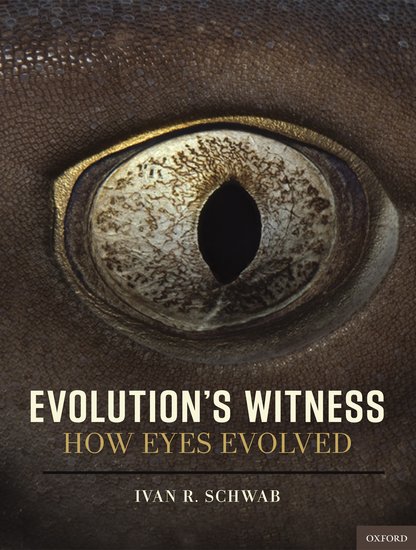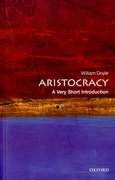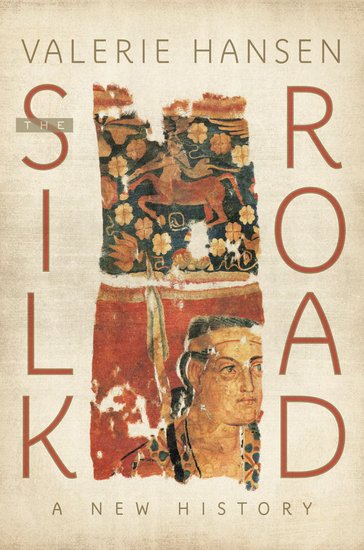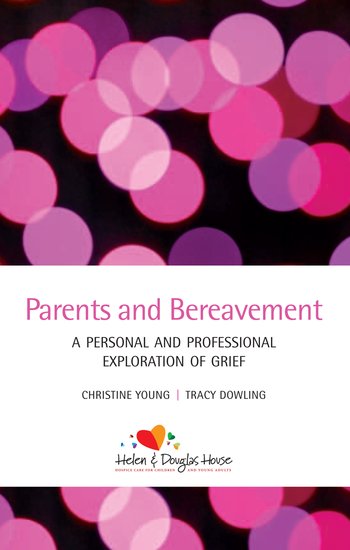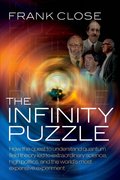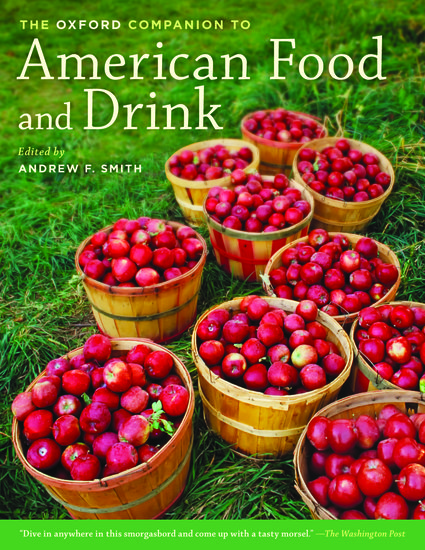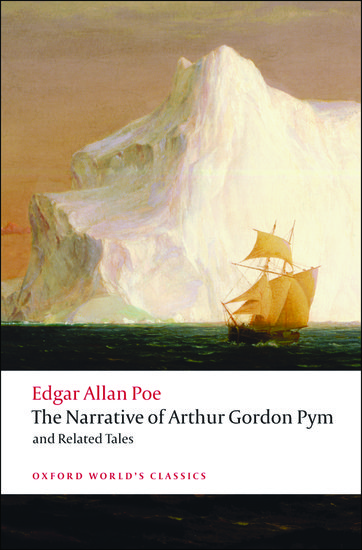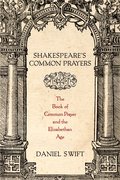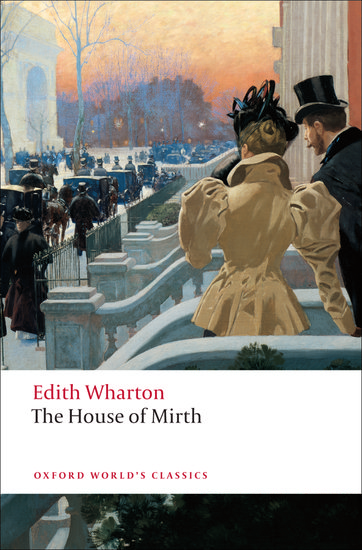The difficulty of insider book theft
By Travis McDade
On Sunday, the New York Times reported on the wholesale looting of the prestigious Girolamini Library in Naples, Italy, by its director, Marino Massimo de Caro. He seems to have treated the place as his own personal collection, stealing and selling hundreds — maybe thousands — of rare and antiquarian books during his 11 month tenure. This has provoked the normal amount of head-shaking and hand-wringing. But what is most striking — aside from the embarrassing appointment of the unqualified de Caro to the job in the first place — is how terrible a thief he was.


